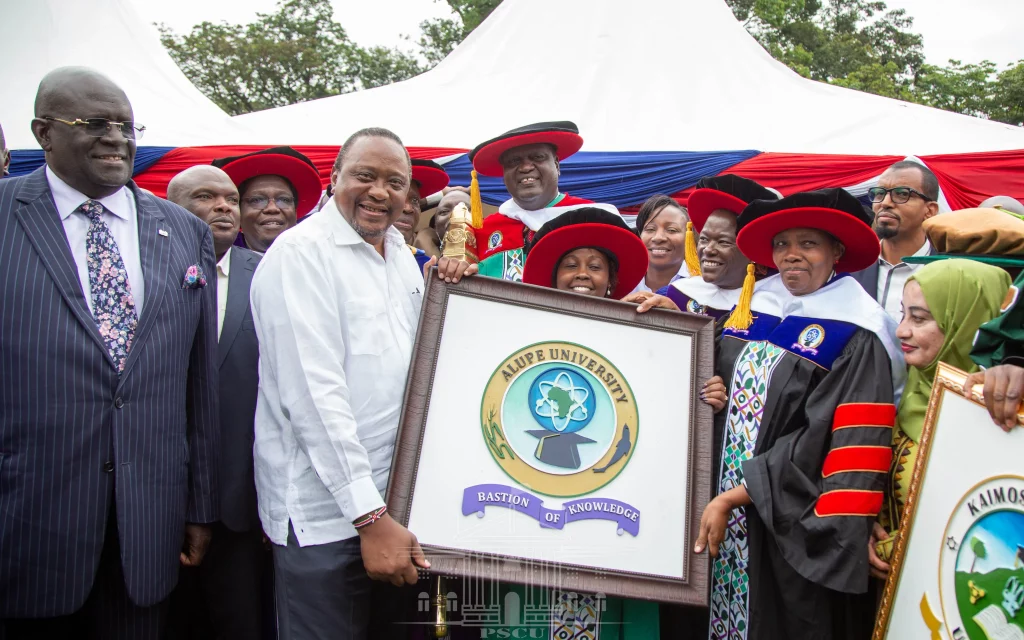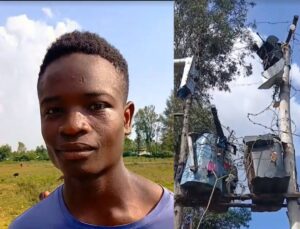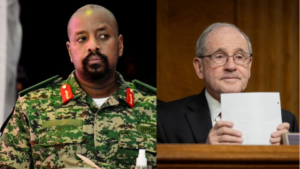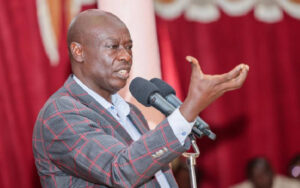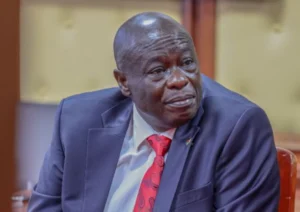President Uhuru Kenyatta has challenged higher learning institutions in Kenya to focus on training for the future and help achieve Vision 2030.
He said that the next phase in the development of the country’s institutions of higher learning should shift focus to university education that is more responsive to a dynamic global economy.
“There is an increasingly globalized employment and entrepreneurship landscape, our children are no longer merely competing with their fellow citizens here in Kenya but actually with learners from across the world,” Kenyatta said.
He was speaking at Kakamega State Lodge where he awarded charters to eight institutions of higher learning elevating them into fully-fledged universities.
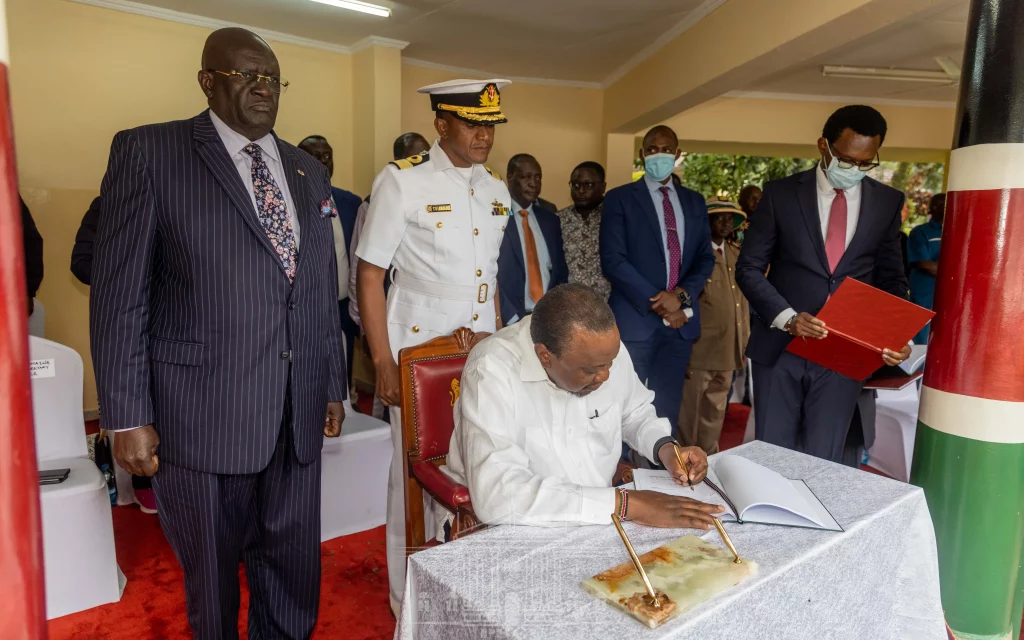
The eight institutions located in eight counties were Kaimosi Friends University (Vihiga), Alupe University (Busia), Tom Mboya University (Homa Bay), Tharaka University (Tharaka Nithi), (Lukenya University (Makueni), Zetech University (Kiambu), Kiriri Women’s University of Science and Technology (Nairobi) and the East African University (Kajiado).
At the same time, the Head of State urged universities and institutions of higher learning to streamline their activities to prevent corruption in the issuance of degree certificates.
He pointed out that corruption does not only erode the reputation of the Kenyan education system but it also undermines the confidence of young graduates in the job market.
“We want to combat corruption and corruption is not only the theft of public funds but it is also the theft of degrees that are handed over to unqualified people. Our Universities should be open, not just to people from our backyard but to all Kenyans and indeed even to international students” Kenyatta comments.
The head of state also emphasized that it should be the cardinal duty of university administrations to ensure only diligent students earn the certificates from their hard work.
He also asked institutions of higher learning to innovate to remain relevant in the increasingly competitive global market.
“In today’s world, knowledge and innovation are increasingly becoming life’s key differentiators in determining success. It is for this reason that our investment in university education has been targeted to enhance access to relevant and marketable courses that will herald a new era of innovation; thereby propelling our country to higher levels of economic and social development,” affirms Kenyatta.
Kenyatta further pointed out that his administration has been keen on transforming Kenya’s education landscape by implementing various programs and projects to boost transition rates and give Kenyan students a comparative advantage in the global market.
“During my tenure in office, my administration has allocated more than Kshs 4 trillion to the sector to fund primary, secondary and university education, the Teachers Service Commission and Vocational and Technical Training.”
As a result, President Kenyatta said the number of tertiary institutions has increased from 52 in 2013 to the current 238, an increase of 435 per cent.
“We have not only done this by giving institutions full autonomy, as we are doing here today but also by selecting a few specialized institutions to address matters of national importance such as we did with the National Defence University, “Kenyatta comments.
Citing the implementation of the Competency-Based Curriculum (CBC), President Kenyatta said the transformation in the education sector is on course.
“Through the Competency-Based Education that is now underway in the lower levels, we are permitting our young learners to determine from an early stage their area of specialization,” President Kenyatta said.
Subscribe to our YouTube channel at Switch TV
On his part, Education CS Prof. George Magoha congratulated President Kenyatta for his commitment to improving and transforming the education sector in the last 10 years.
He singled out the President’s support in ensuring a 100% transition from primary to secondary school and the expanded access to secondary and tertiary education that has produced 15 public and eight private universities in the country.


